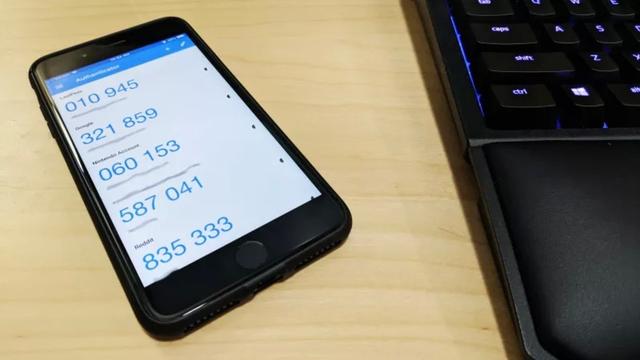What if I die?How to leave a "digital heritage" to your family
The deceased's PC cannot be opened and the paid service cannot be canceled
I recently lost his father. He was 97 years old, but the problem was the cancellation of internet-related services. Since he was his father who used IT for his old age, he had a contract with his home provider, mobile phone, and paid service. I was able to cancel the contract with the provider or mobile phone by phone, but I was also confused by the cancellation process of the paid service.
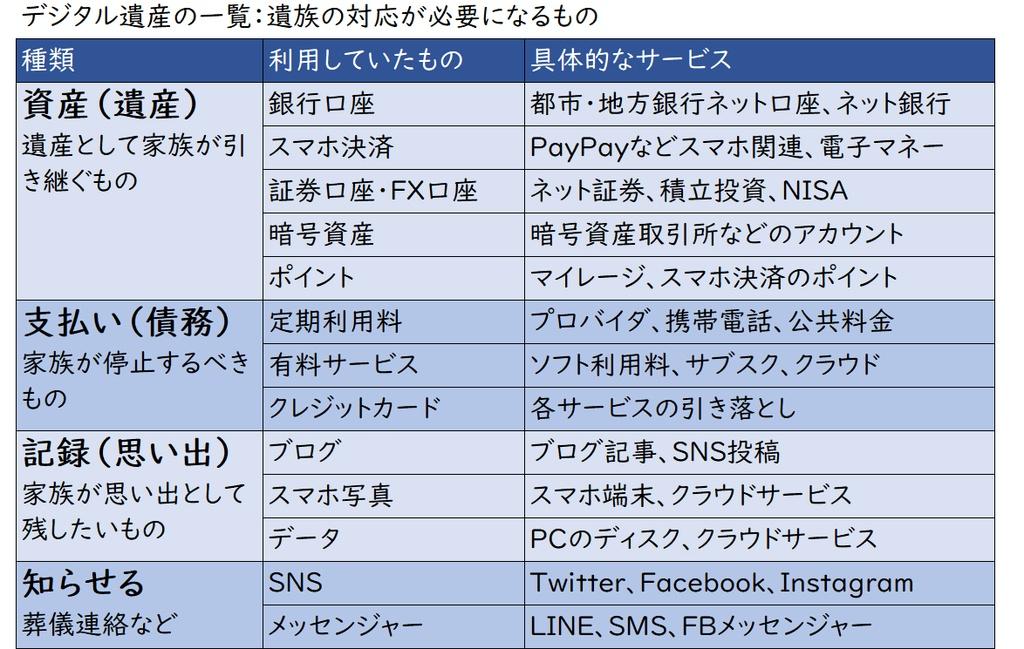
I couldn't read the email because I didn't know the password for my PC, and I wasn't sure what kind of service I was in. Three months after his death, a mysterious withdrawal occurred on the credit card that should have been canceled. When I looked it up, I found that it was a paid monthly service of a domestic software maker, and I was finally able to cancel it four months later.
It is troublesome to take over or cancel IT-related matters when you die in this way. My dad managed to handle it because he didn't use the internet so much, but it would be very difficult if the person who makes full use of IT died.
Twenty years have passed since IT became widespread, and IT users are aging. There are cases where even my friend lost his parents and had trouble knowing his password, and he lost his working spouse and had trouble dealing with online securities accounts and FX accounts.
We are now in an era of thinking about digital heritage, which is the digital heritage of "in the unlikely event that we die", such as online banking, online securities, subscriptions, and crypto assets (virtual currency). You need to be prepared for your death, while maintaining privacy and security, how you can leave your family with a digital heritage.

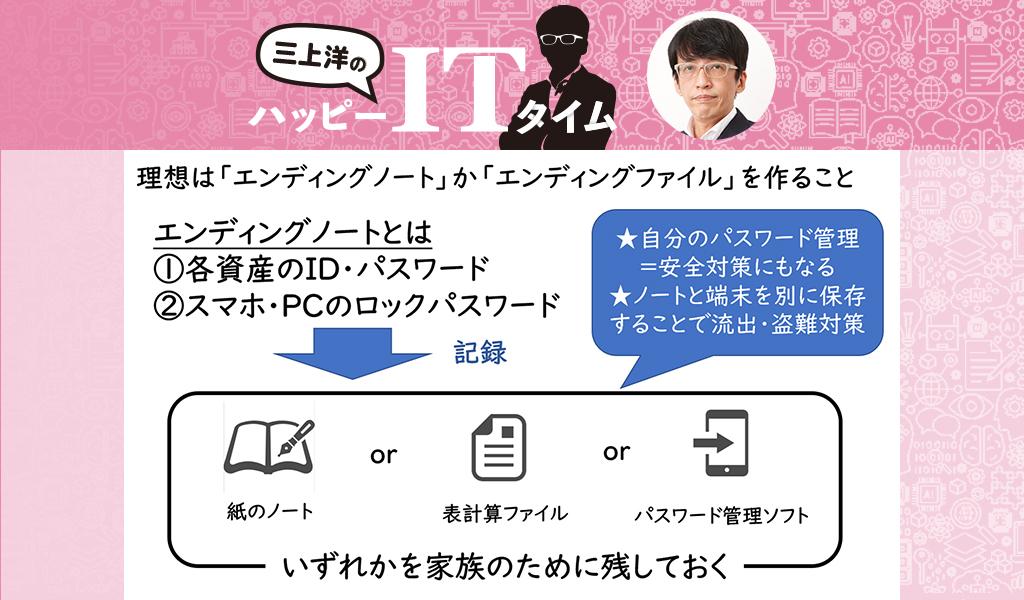
![10th generation Core i5 equipped 9.5h drive mobile notebook is on sale at 50,000 yen level [Cool by Evo Book] 10th generation Core i5 equipped 9.5h drive mobile notebook is on sale at 50,000 yen level [Cool by Evo Book]](https://website-google-hk.oss-cn-hongkong.aliyuncs.com/drawing/article_results_9/2022/3/9/4a18d0792cae58836b71b9f591325261_0.jpeg)
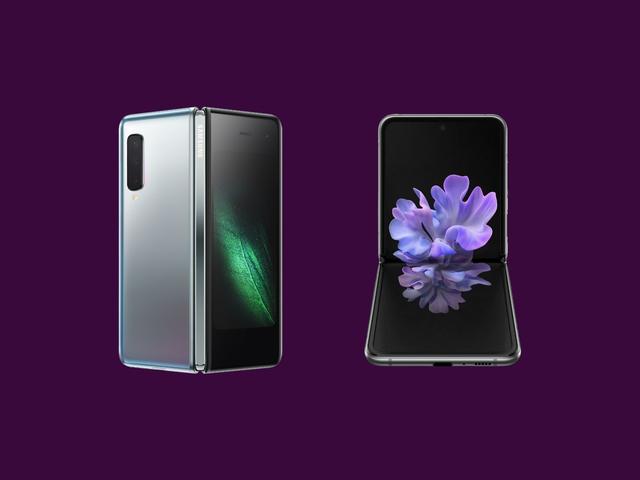

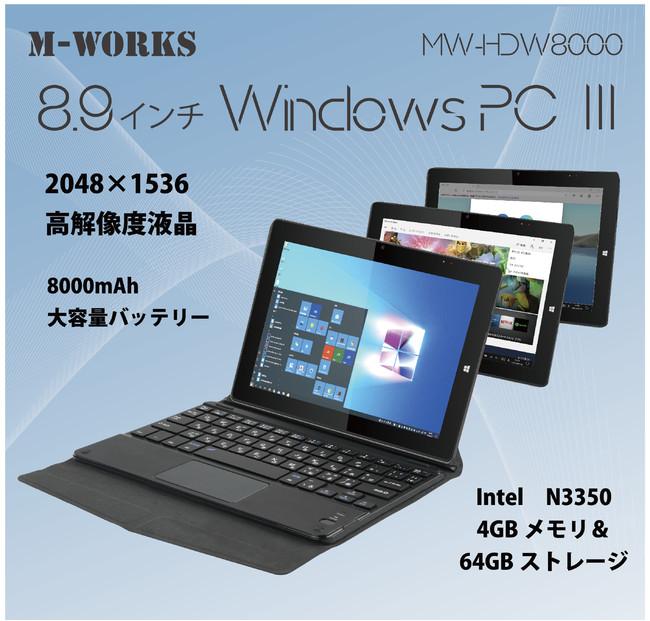
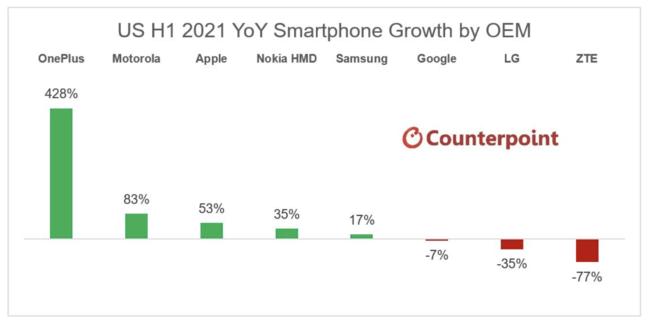
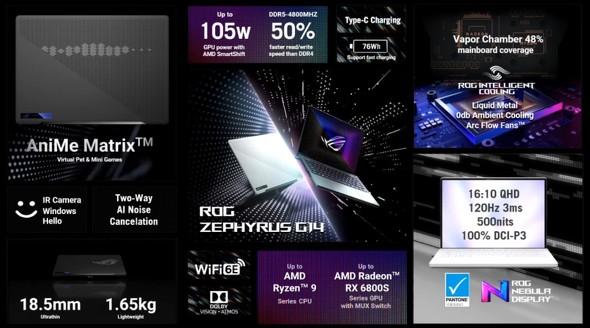
![[Amazon time sale in progress! ] 64GB microSD card of 1,266 yen and wireless earphone with noise canceling function of 52% off, etc. [Amazon time sale in progress! ] 64GB microSD card of 1,266 yen and wireless earphone with noise canceling function of 52% off, etc.](https://website-google-hk.oss-cn-hongkong.aliyuncs.com/drawing/article_results_9/2022/3/9/c88341f90bab7fe3ce1dc78d8bd6b02d_0.jpeg)
